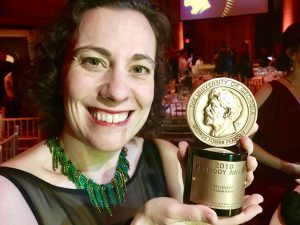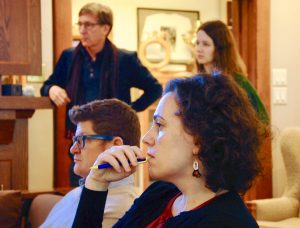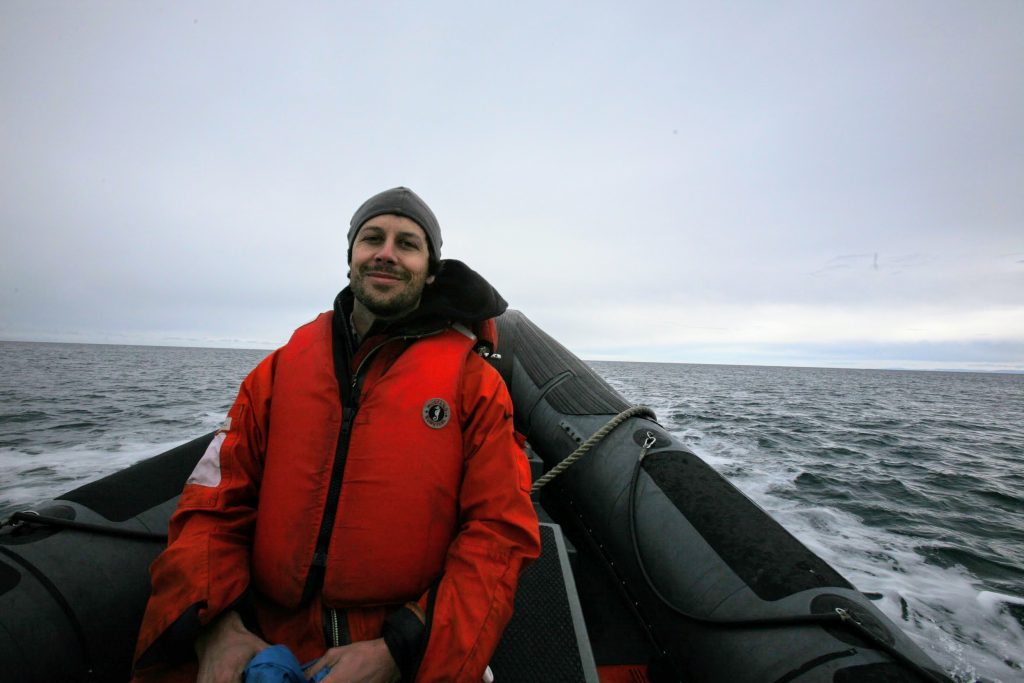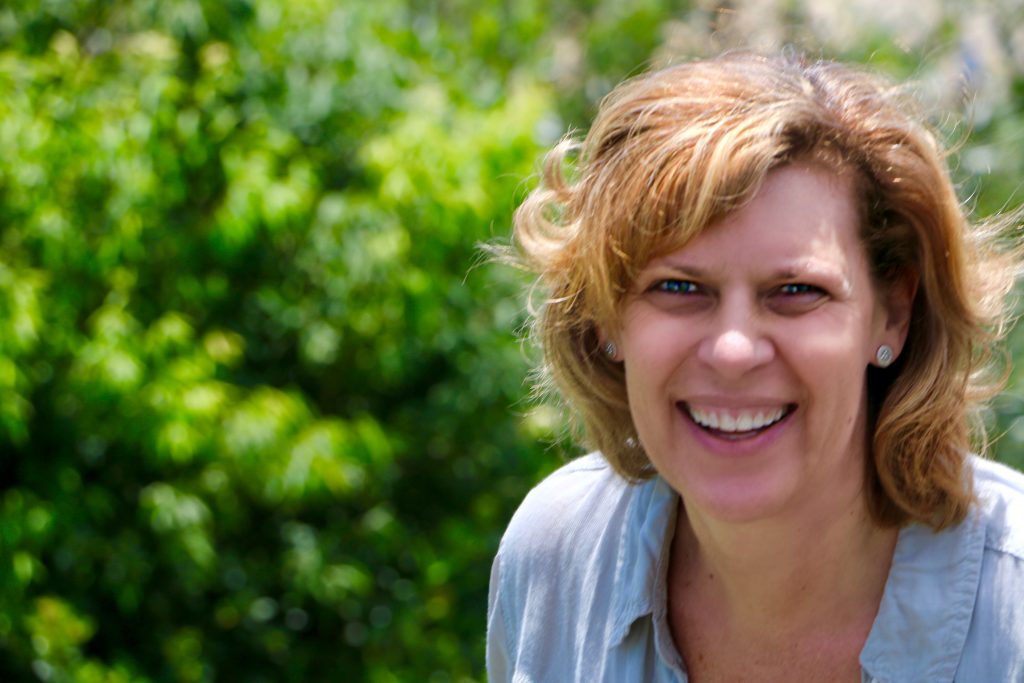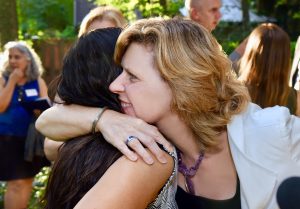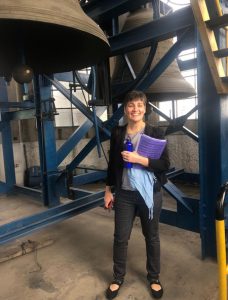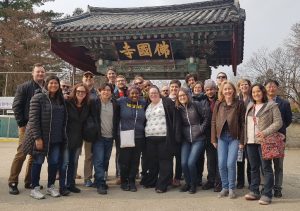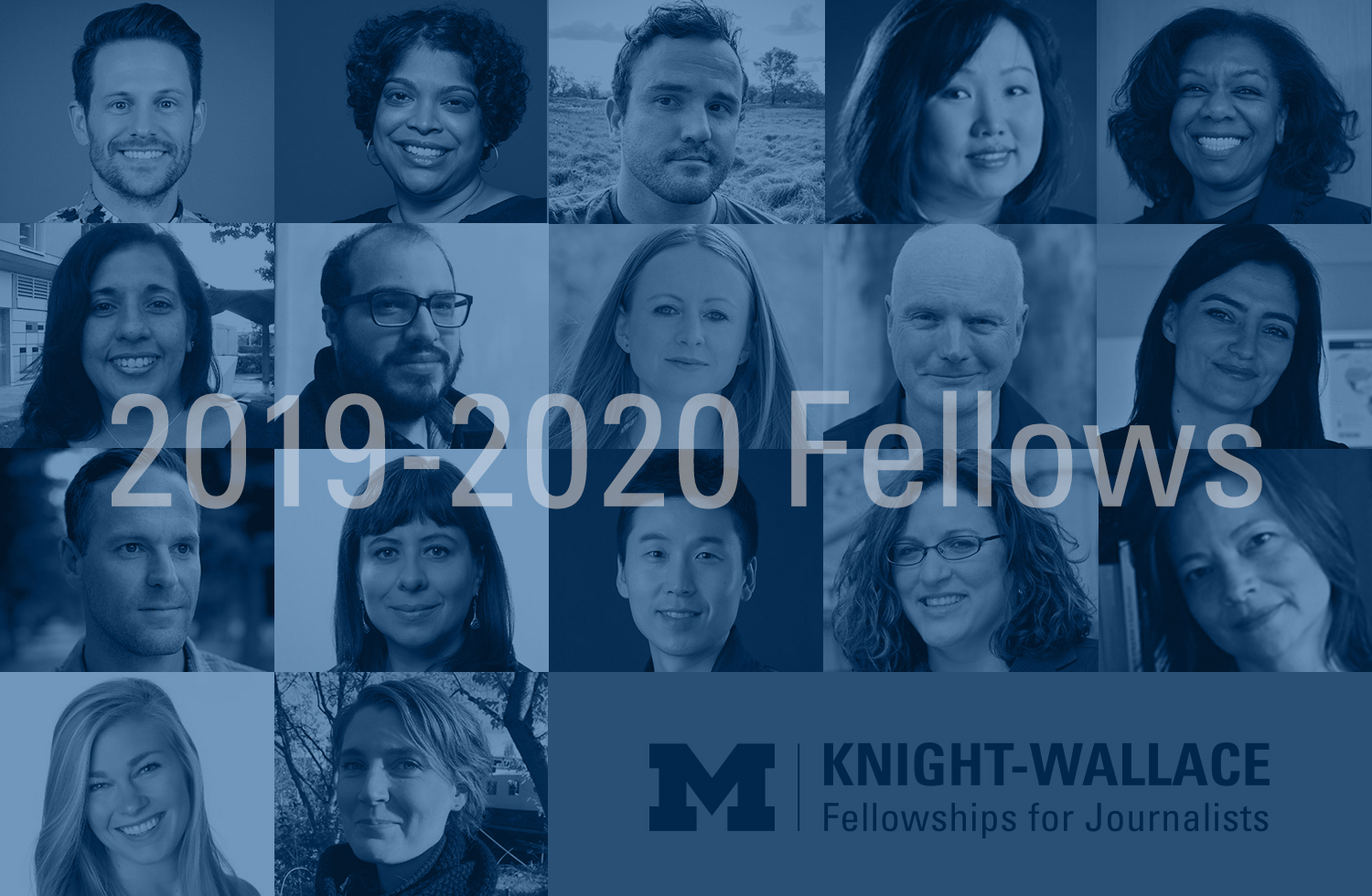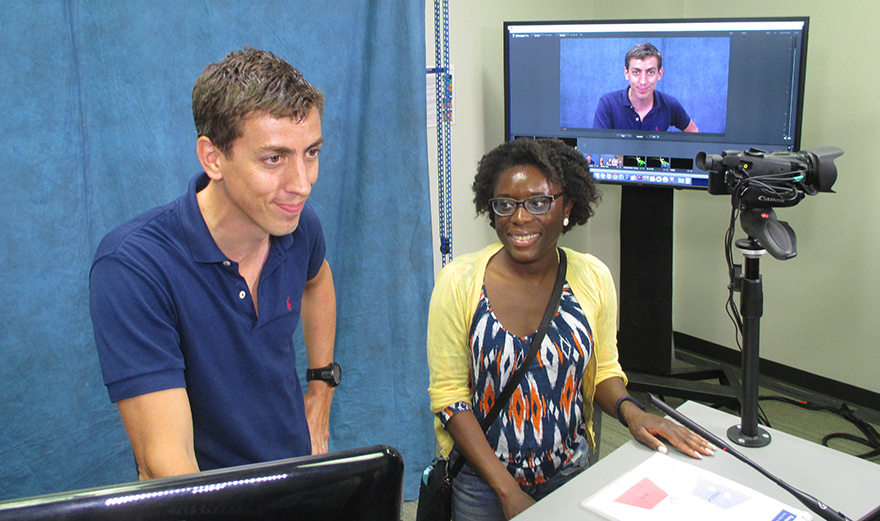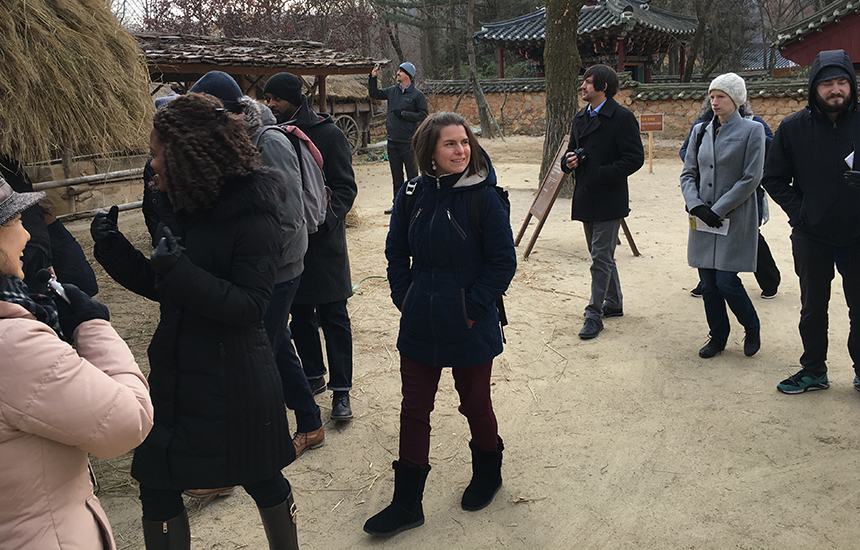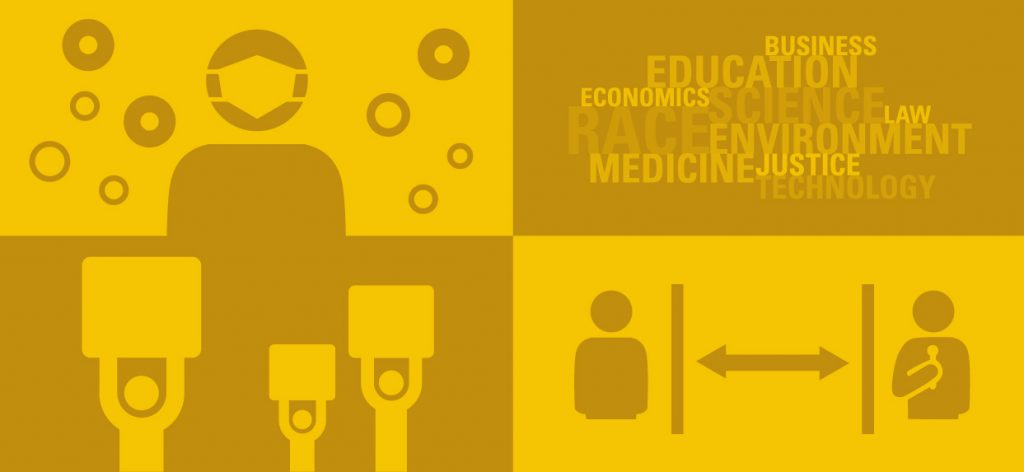
A Working Fellowship for Ambitious Journalism on an Evolving Future
Each year the Knight-Wallace Fellowships at the University of Michigan summon journalists from around the world to think boldly about their craft and enhance their skills to meet the needs of a changing industry. Alongside the challenges of the coronavirus pandemic, lingering inequality and social strife are fueling calls for systemic change. The need for rigorous, in-depth journalism is ever more critical. In response, Wallace House is redirecting our resources to fuel ambitious journalism on these converging forces and efforts toward a reimagined world.
For the coming academic year, we are turning our Knight-Wallace Fellowship model outward, to fund long-term reporting projects examining momentous challenges and responses in this year of converging crises. We’ll select a cohort of ten accomplished journalists with different backgrounds and experience for a working fellowship to report on our most pressing issues, from social shifts precipitated by the pandemic to persistent social justice issues surrounding race, ethnicity and inequality.
The Knight-Wallace Reporting Fellowship will take the place of our traditional, residential Knight-Wallace Fellowship for the 2020-21 academic year in response to continued uncertainty about close gathering and in-person instruction. Selected Fellows will not be required to leave their news organizations or places of work. This adapted fellowship will maintain our multidisciplinary approach and cohort-based philosophy.
The Knight-Wallace Reporting Fellowship will provide a $70,000 stipend over eight months plus $10,000 to support supplemental costs for reporting projects to be produced during the period of the fellowship. Our ten Knight-Wallace Reporting Fellows will also receive professional development and digital seminars with researchers and experts tackling challenges across a range of fields and disciplines. Fellows will have remote access to research and resources at the University of Michigan and regular opportunities for engagement with faculty and students.
We want to encourage ambitious reporting projects that step back from breaking and incremental coverage. As the world grapples with huge questions and complex solutions, we need journalists to investigate, scrutinize, analyze and explain the process and outcomes.
When in-person gathering becomes possible and we can ensure a safe experience for our Fellows, we will host one-week Fellowship Cohort sessions in Ann Arbor at Wallace House and a final symposium on campus at the University of Michigan, highlighting the reporting work produced during the fellowship.
Applications must be submitted by July 7. Reporting Fellowship offers will be extended on July 31.
A Focus on In-Depth Reporting
Published or produced work is a requirement of the fellowship. Applicants must submit a detailed reporting proposal related to the seismic challenges we now face. The output should match the proposed project and form of journalism. For instance, a documentary filmmaker might complete one film during the period of the fellowship; a long-form magazine writer might produce one or two published pieces; a community-based or enterprise reporter might produce a project that appears weekly or monthly.
Areas of focus can include but are not limited to science and medicine, the economy, law and justice, business, race and ethnicity, education, inequality, technology, the environment, and entertainment and recreation. Areas of coverage can be local, national or global.
The fellowship is not intended to support daily beat reporting that would be produced regardless of fellowship support. It is also not intended for book writing.
All work produced during the fellowship will be owned by the media organization for which it is produced and will carry an agreed-upon acknowledgment of support by the Knight-Wallace Fellowships for Journalists at the University of Michigan.
The program is open to staff, freelance and contract journalists. All applicants must have at least five years of reporting experience and be either a U.S. resident or hold a U.S. passport.
The Knight-Wallace Reporting Fellowship for the 2020-2021 academic year is a working fellowship featuring
- An eight-month program focused on supporting ambitious, in-depth, innovative journalism projects examining our most pressing public challenges from social shifts precipitated by the pandemic to persistent social justice issues surrounding race, ethnicity and inequality
- A remote structure that allows staff reporters to remain with their news organizations and freelancers to remain in their place of work
- A cohort of ten Fellows selected from a pool of experienced journalists from a variety of beats and expertise
- A $70,000 stipend to support reporting and fellowship participation dispersed monthly from September 2020 through April 2021
- An additional $10,000 in supplemental support to cover extra costs including health insurance, reporting equipment and travel-related reporting expenses
- Weekly remote seminars with University of Michigan faculty and subject matter experts from a wide range of fields
- Professional development and supplemental skills workshops
- Subject to public-health guidance, one-week Fellowship Cohort sessions held at Wallace House on the University of Michigan campus in Ann Arbor with travel, lodging and hosting expenses covered by the program
- A year-end symposium at the University of Michigan highlighting work produced during the fellowship
Application Deadline is July 7, 2020.
Applications are now open. The deadline to apply is at 11:59 pm ET on Tuesday, July 7.
The Reporting Fellowship offers will be extended on Friday, July 31.
An Invitation to Learn More
For more information on the fellowship and how to apply, Wallace House Director Lynette Clemetson, and Associate Director Robert Yoon will hold a Q&A webinar at 12:30 pm ET on June 19. We encourage interested applicants to join the call and ask questions. Newsroom editors who would like to know more about this opportunity for reporters on their team are also invited to join.


